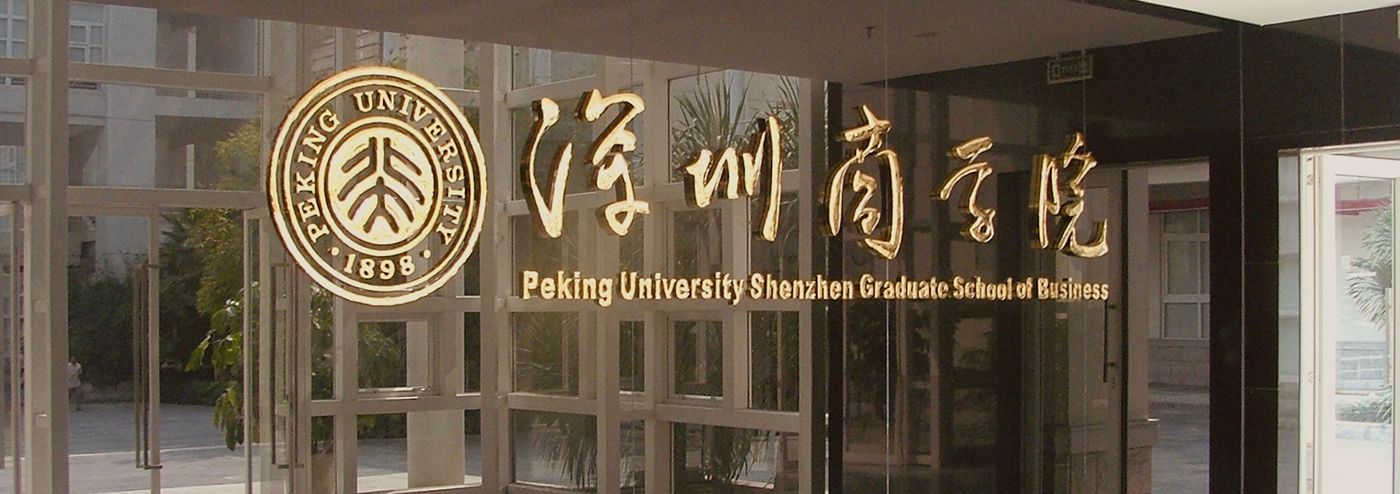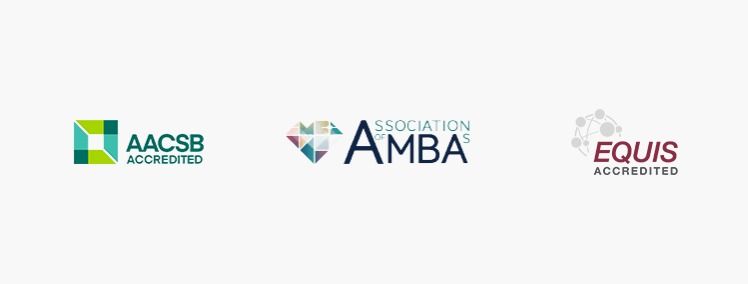Peking University HSBC Business School (PHBS) was founded in 2004 with the vision to advance Peking University's involvement in global economics, finance, and management research. Located in Shenzhen, PHBS brings Peking University's historical presence and first-tier business education programs to the country's south and benefits from the dynamic and entrepreneurial spirit of the thriving city.
PHBS currently offers a doctoral program, specialized master's programs, an MBA program, an executive MBA program, and numerous executive development programs. With internationalization as its goal, PHBS has opened an overseas campus in Oxfordshire, England, and is now among only 1% of business schools worldwide to hold the "Triple Crown" accreditation—EQUIS, AACSB, and AMBA, granted by the three most influential business school accreditation organizations.
As the most internationalized China-national business school, PHBS offers about 130 graduate level business courses per year, taught in English. 80 full-time international and Chinese faculty have earned their PhDs from top institutions. All of your classmates, 85% of whom are Chinese nationals, are fluent in English and have graduated from the top universities in China. As such, students can take advantage of our highly internationalized campus.
















